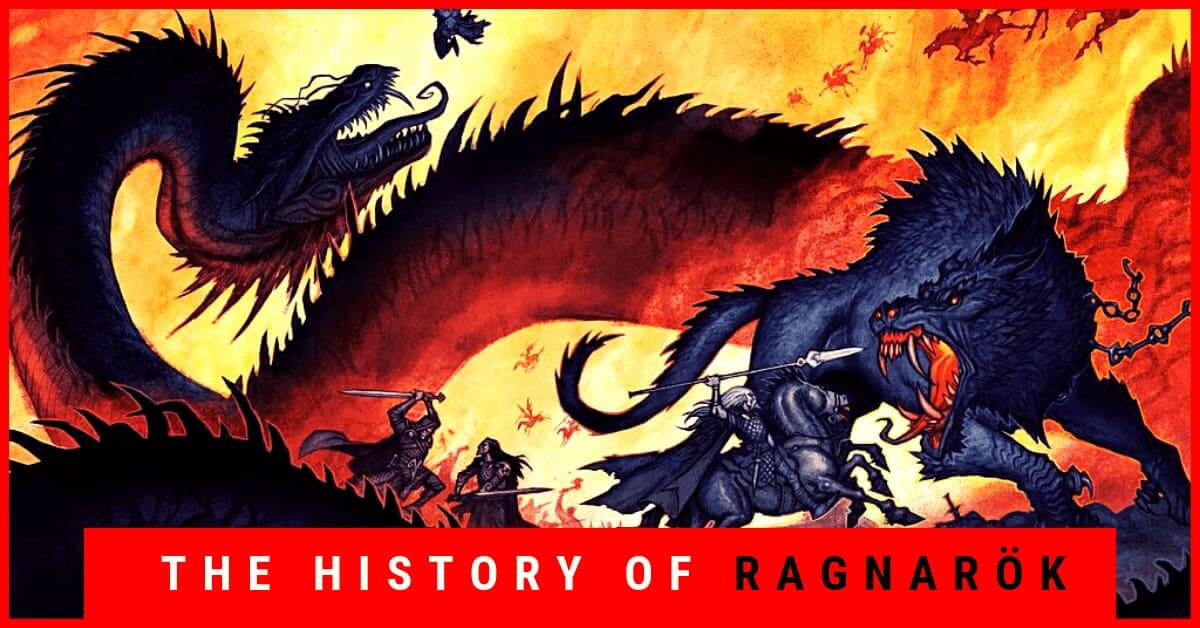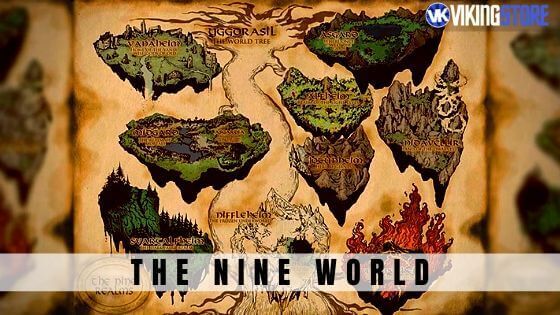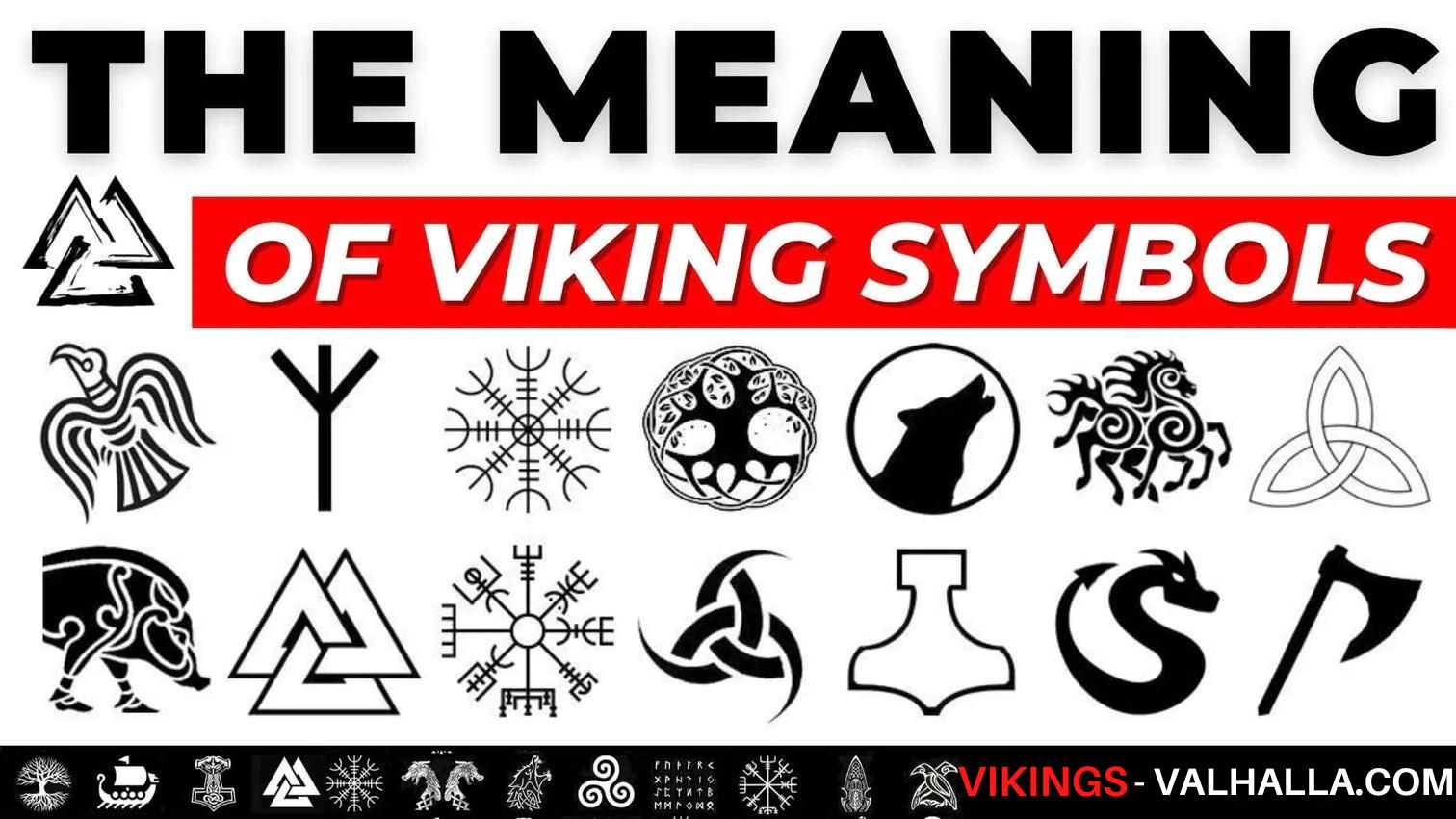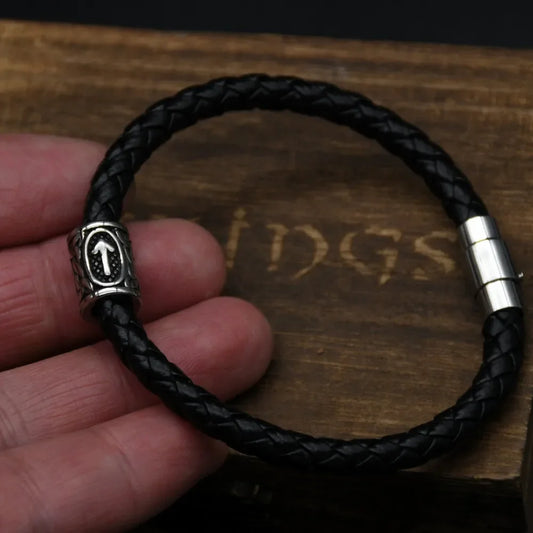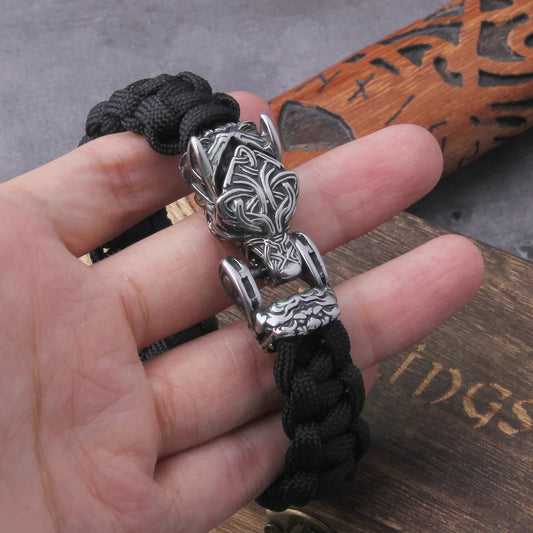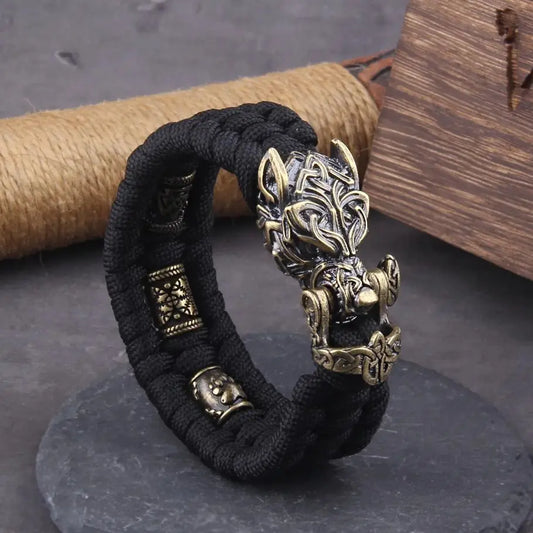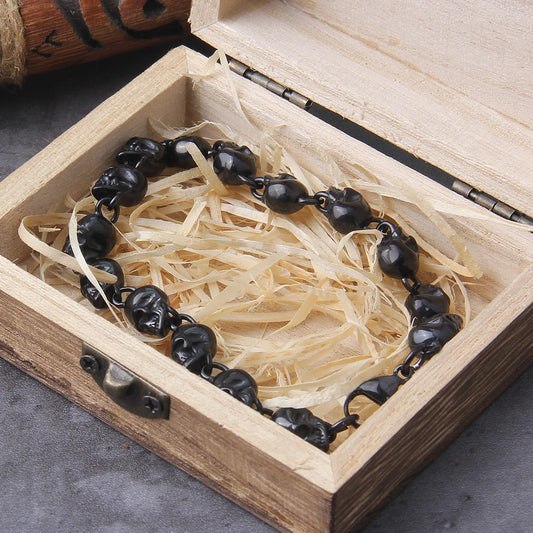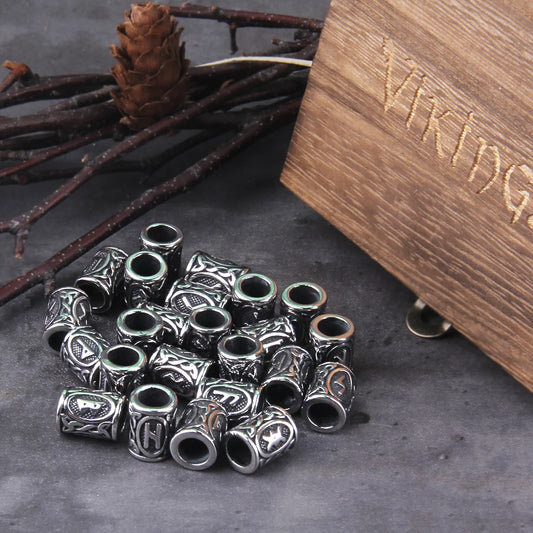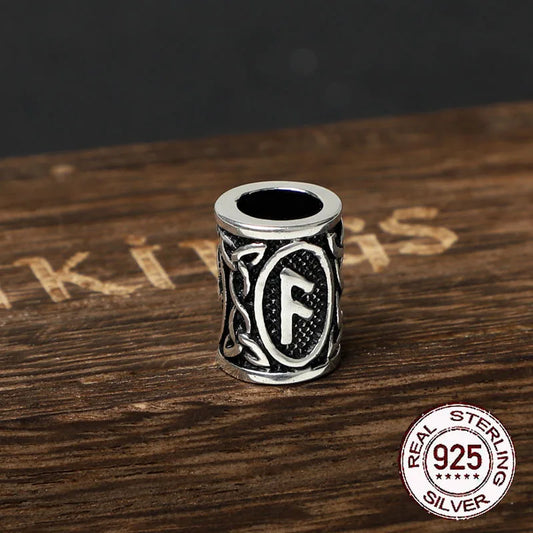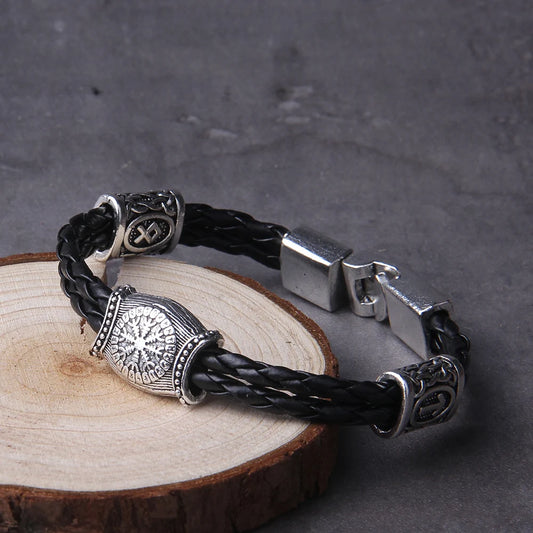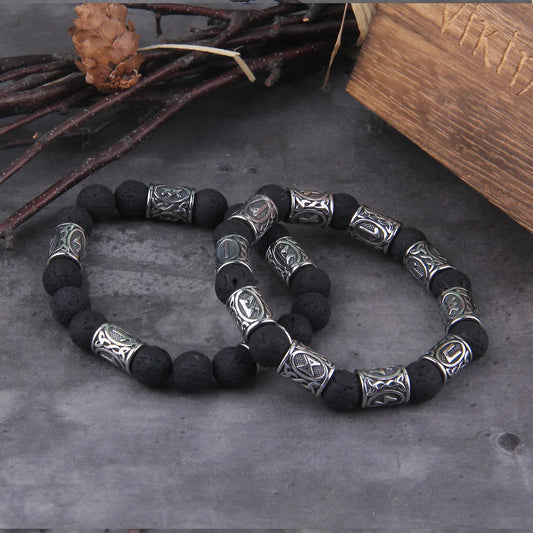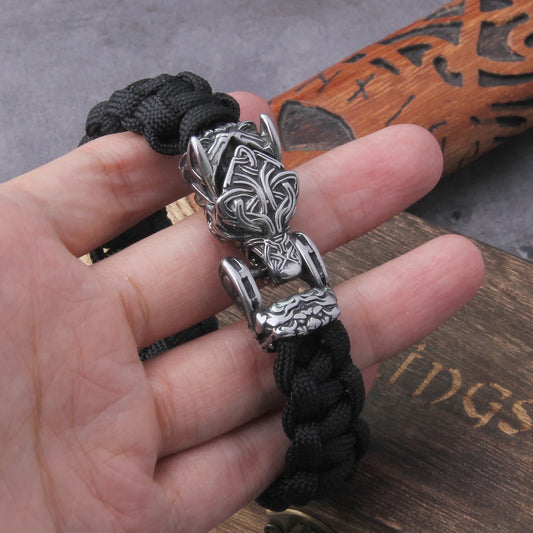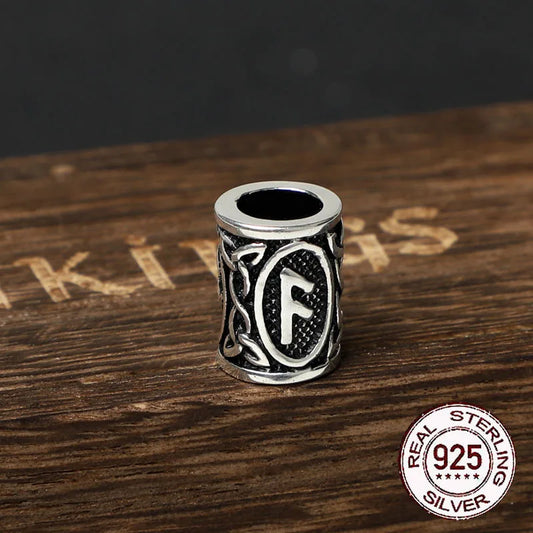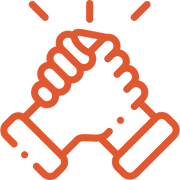Baldr also known as The Golden One, is the sun god in Norse mythology. According to the Prose Edda of the Icelander Snorri Sturluson, Baldr is the son of Odin and Frigg, thus brother of Hodr and Hermod. With his wife Nanna he has a son named Forseti.
Baldr is considered the most peaceful and pure of the Aesir gods. All creation admires his luminous beauty as well as his mercy and wisdom.
With his wife, Baldr lives in Breidablik, a place in Asgard to which no wrongdoer has access, and he owns a ship named Ringhorn. One day Baldr dreams of his own death, whereupon his mother Frigg goes to every animal and plant and asks them to take an oath that they will not harm Baldr.
Only the young mistletoe seemed too young for Frigg to take an oath from. A game of Aesir ensues, in which they pelt the now invulnerable Baldr with spears, stones, and other weapons, without any harm to Baldr.
The trickster Loki takes advantage of the fact that the mistletoe did not need to take an oath, and gives Baldr's blind brother Hödr a sprig of mistletoe and tells him to shoot with it. The branch hits Baldr, and the god falls down dead.
The corpse is laid out on a ship that only the giantess Hyrrokkin can push into the water. Under the force of the impact, the rollers on which the ship stood catch fire and ignite the corpse. Thor blesses the corpse fire with his hammer Mjölnir. His father Odin gives the ring to Draupnir to take with him on Baldr's last journey to Helheim. Baldr's wife Nanna dies of a broken heart during the funeral festivities and is burned together with Baldr.
Hermod tries to bring his brother back from the realm of the dead. But the mistress of the dead Hel does not release Baldr until all things weep for him. The Aesir send messengers all over the world and achieve that all living beings and even stones and metals mourn for Baldr. Only Loki, in the form of the giantess Thokk, refuses them the favor. Consequently, Balder is denied the return to Asgard.
Later, Baldr and Hödr reconcile with each other and return after Ragnarök in one accord at the creation of a new world building. However, the death of Baldr was only the beginning of his journey and should not have been his end.
In the epic battle on the day of Ragnarok, gods, giants, man and monsters destroyed each other and consecrated the world to certain doom. But it was also prophesied that the light figure Baldr would return from the realm of the dead at the end of Ragnarok and usher in the age of a new world with his brilliance.
In this new world, there was to be neither betrayal nor lies nor murder. It was also prophesied that a ruler would come whose sole power would command everything.
Meaning of Baldr's Death
With the light figure Baldr happiness and beauty disappear from the world, with which the end of the gods, Ragnarök approaches. Since Baldr is the personification of the sun, his death is also associated with the solstices.
Baldr is killed at the time of apparent invulnerability, just as the sun loses power on the day of its longest luminosity - June 21, the summer solstice - and thus the days become shorter again. From the winter solstice on, the days become longer again. The sun regains its strength, which heralds Baldr's coming rebirth.
Anthropologist J. Frazer argues that Baldr was a fertility god whose death was necessary to maintain life in the cosmos.


